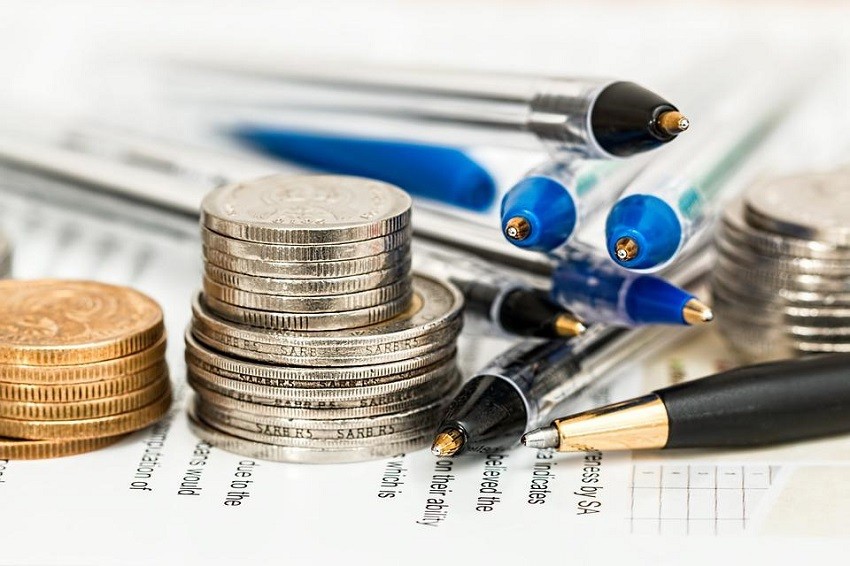The Bulgarian government resigned officially after the no confidence vote in parliament a week ago. The motive of the party that submitted the motion to the National Assembly – the biggest opposition party GERB – was failure in public finance and economic policy.
Though legitimate, the vote comes at a moment in time when it is jeopardizing a multitude of reforms in different sectors. Bulgaria stands to receive more than 13 billion Leva (EUR 6.66 bn) under its Recovery and Resilience Plan (submitted to the European Commission with much delay), but that money too depends on whether these reforms will be put through or not.
“When it comes to the reforms that need to be dome to receive the funding under the Recovery and Resilience Plan, we have a delay of more than a year,” economist Georgi Angelov says in an interview with bTV.
Petar Ganev, also an economist, says the delay in the reform package, especially the reforms in the financial sphere, is a problem. The current situation bears an astonishing resemblance to the events of last year:
“In 2021 we had a string of elections. For most of the year there was no functioning parliament. There was one budget update but the submission of the Recovery and Resilience Plan was delayed. When you put off resolving any issues connected with European funding that can be used in a time of crisis, that inevitably impacts the economy.”
The unstable political situation in Bulgaria is having a negative effect on the investment climate, analysts say. Successful Bulgarian entrepreneurs are also worried the country could go into reverse with regard to the business climate.
“For the first time in 6-8 months I saw real change. I saw politicians who are not acting like politicians. Who come from a different sector and who tried to do something good,” entrepreneur Velizar Velichkov says in an interview with the BNR.

Co-founder of a Bulgarian unicorn, Hristo Borisov says his motives for joining the demonstration in support of the government were similar. Having been set up four years ago to help businesses manage their corporate expenses, his company is now valued at USD 1 billion. But the company is a success in spite of, and not because of the laws and regulations in the country. “More than 60 investors did not want to invest in a startup from Bulgaria because they did not believe we were capable of doing business successfully according to market principles. Fifteen days before we went bankrupt in 2019 we managed to attract one of the most successful investors in Europe, and he politely explained to us, that we need to transfer our property to London, where law is respected, otherwise he would not invest. It took us eight months to open a company bank account in London because we are from Bulgaria, and now 550 million Leva of investments are not in the Bulgarian banking system because banks here go bankrupt and no one gets punished,” the entrepreneur wrote on social media.
“Whichever party or government may be in power, what we want is the members of parliament to understand what ecosystem means and how the companies that could change the country’s trajectory, in terms of added value, get started,” the businessman said in an interview for the BNR’s Horizont channel. “It is important that they understand that the corruption levels in Bulgaria give the country a bad name and that that is an obstacle to attracting foreign capital. The fact is that freedom of speech and of media have hit a record low and that also frightens investors away. The ratings published by ratings agencies are very important because they shape the investors’ opinion of the political situation here.”
Compiled by Yoan Kolev
Photos: Pixabay
Prime Minister of North Macedonia: We will not give up on EU membership but we will not be kneeling down Assessing the first 100 days of his cabinet, North Macedonian Prime Minister Hristijan Mickoski reported that the..
Albania to start substantive EU accession negotiations on 15 October The EU's permanent representatives in Brussels have unanimously decided to open accession negotiations with Albania. The process will start on 15 October with an EU-Albania..
From today, 27 September, Bulgaria is once again in a 30-day election campaign. 28 parties and 11 coalitions have registered with the Central Election Commission to take part in the next early parliamentary elections, and 19 parties and 9 coalitions..
The members of parliament will continue their session at 10 AM on November 22, following yet another unsuccessful attempt to elect a Speaker of the..
A new party called Bulgaria Can (Bulgaria Mozhe) was founded today. Its leaders are the political and economics analyst Kuzman Iliev and the former MP..
The coalition We Continue the Change-Democratic Bulgaria (PP-DB) , which came second in the October 27 parliamentary elections, has accepted an invitation..

+359 2 9336 661
